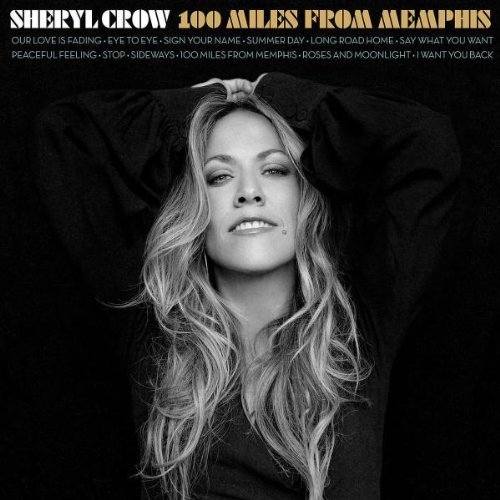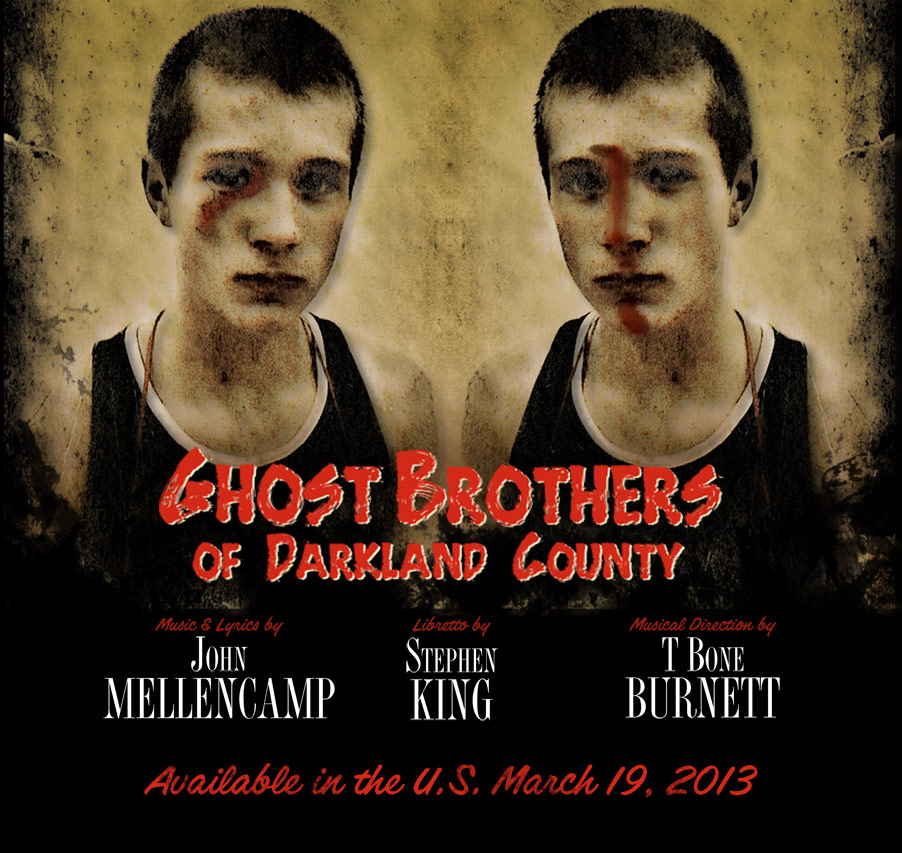Videos by American Songwriter
Sheryl Crow
100 Miles From Memphis
A&M
[Rating: 4 stars]
With 100 Miles from Memphis, Sheryl Crow takes us back to the glory days of 1960s and 1970s American soul and R&B. The album’s name is a reference to her hometown, Kennett, Missouri, which sits 100 miles from the Tennessee Blues capital. For Crow, the region “is part of who I am, and it’s the biggest inspiration for what I do.” On her seventh album, the American songstress returns to her artistic roots, and reveals more of herself in the process.
Since 1993’s Tuesday Night Music Club, for which she won three Grammys, Sheryl Crow has constructed her image on a carefree, vibrant approach to folk-rock and country-pop, looking to Carole King and Bonnie Raitt as vocal progenitors. But on 100 Miles from Memphis¸ she flashes her groovy side. Over the course of 12 songs, she effortlessly channels the classic sounds of Motown, Stax, and the Memphis radio stations she tuned into as a child.
From the initial energy blast of the bluesy, stomping “Our Love Is Fading,” the album never tires, touching on reggae (“Eye To Eye”), sinuous, rollicking R&B (“Long Road Home”) and jangly doo-wop (“Peaceful Feeling”). “Summer Day,” the first single, is the quintessential summer love song. From the opening funky bass hook and “nah, nah, nah” chants, the song is structurally flawless. And, as a nod to its title, the nostalgic string arrangements echo those bittersweet summer days that always seem to end too soon.
Crow’s chameleon-like ability to bounce from style to style is perhaps most demonstrative on “Eye To Eye,” a breezy reggae jam with a rock steady jaunt straight from Studio One. As guest and close friend Keith Richards plays the slinky guitar riff, Crow gracefully slides into the chorus: “If we don’t see eye to eye, it doesn’t mean we can’t try, to get along.” Here, the 48-year-old mother of two intimates that she has “learned how to dig deep,” not only in songwriting, but also in life.
It could be that Crow’s lifetime familiarity with the musical references on 100 Miles is what gives her the poise to approach topics she heretofore shied away from, like vulnerability, lost love and sex. On “Stop,” the only song for which she takes sole songwriting credit, her voice is desperate as she croons, “I could beg, I could pray, that you could come back one day.” She continues on the sultry, “Sign Your Name,” a cover of the Terence Trent D’Arby 1987 classic.
The seductive, raspy whisper on the line, “slowly we make love,” presents a surprisingly sexy side of Crow. Yet her self-assuredness – not just here, but across the whole album – conveys that this is just one side of the same woman who has been behind the microphone all along.
Replicating the vintage sounds of Booker T, Marvin Gaye, and Sly Stone is no easy task, so credit the backing band for really throwing itself into the enterprise. Producers Justin Stanley and Doyle Bramhall II prioritized the instrumentation on the album by writing the music first and having Crow go back to pen the lyrics. The impeccable production ensures that repeat listens will always reveal more detail. And, for as remarkably focused on Crow’s voice as the songs are, there’s often still enough space for the musicians to air it out, like the extended deep funk jam on “Roses and Moonlight.”
Crow’s limitless capacity to appropriate various vocal styles is one reason for her massive commercial success. The same quality has also led some to criticize her music as too impersonal. On 100 Miles from Memphis, however, Crow’s biographical bona fides silence these complaints. It may have taken her over 20 years, but today Sheryl Crow is retrieving and expanding upon those parts of her artistic sensibility that had always been there. As the artist admits, “These feelings won’t go away.”














Leave a Reply
Only members can comment. Become a member. Already a member? Log in.